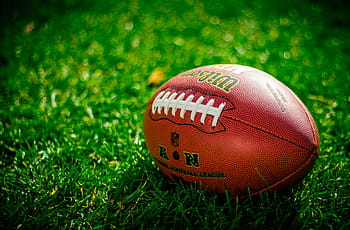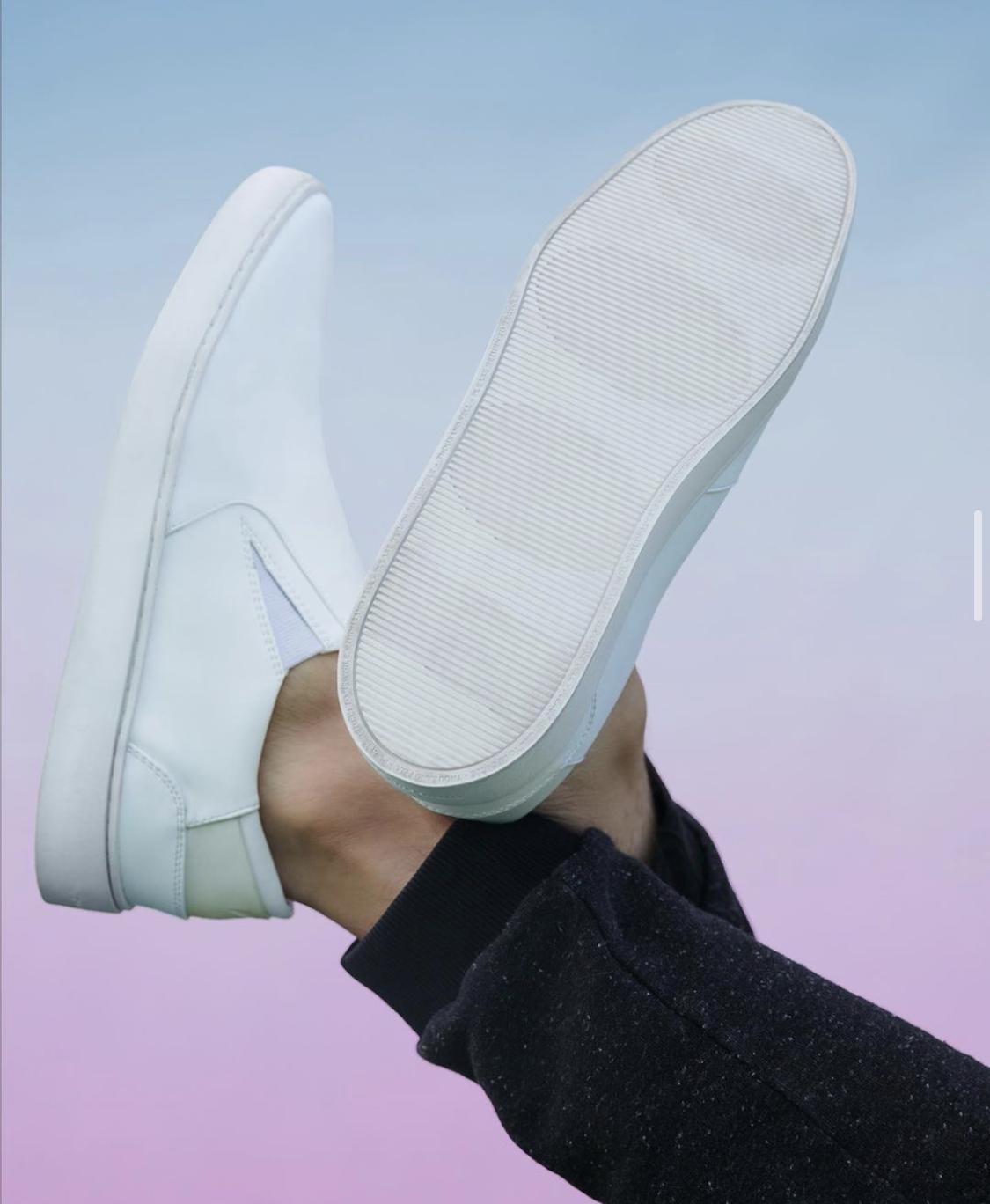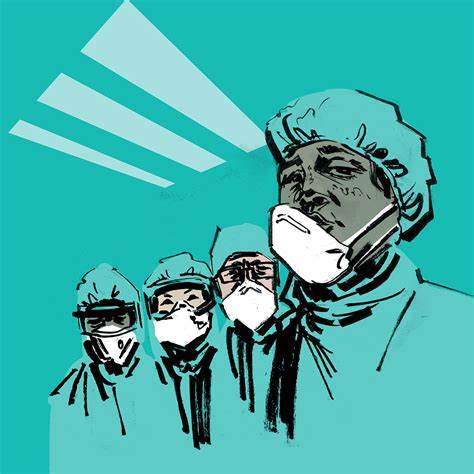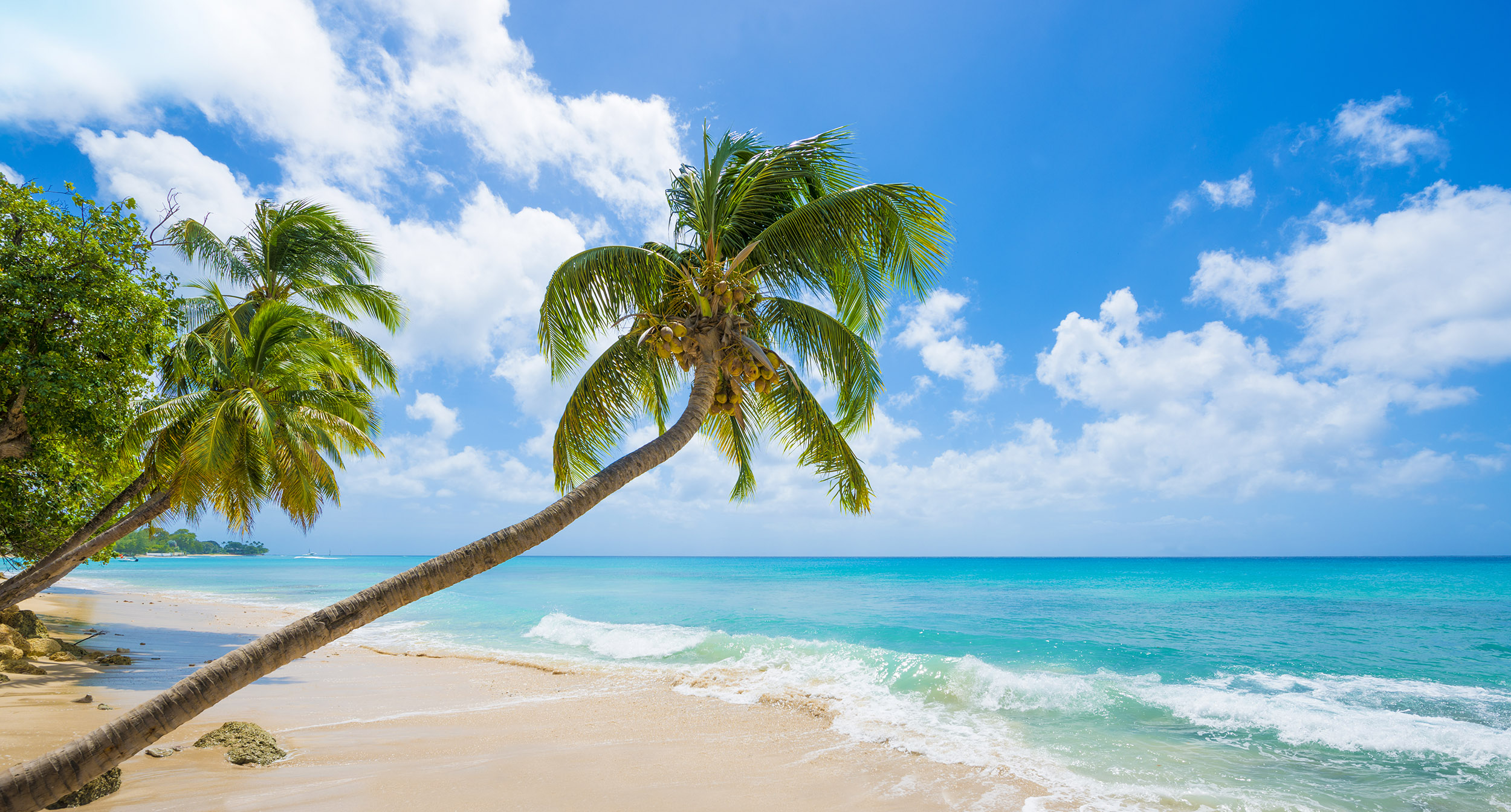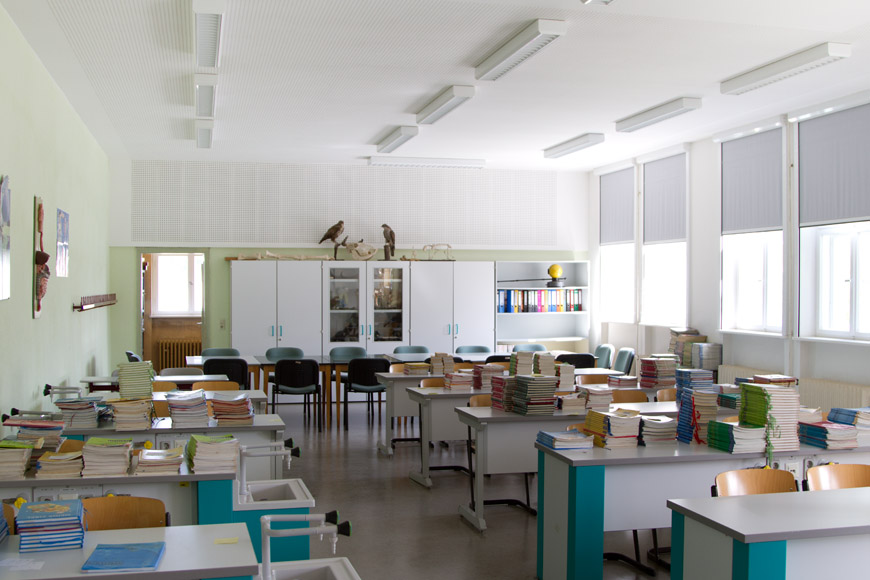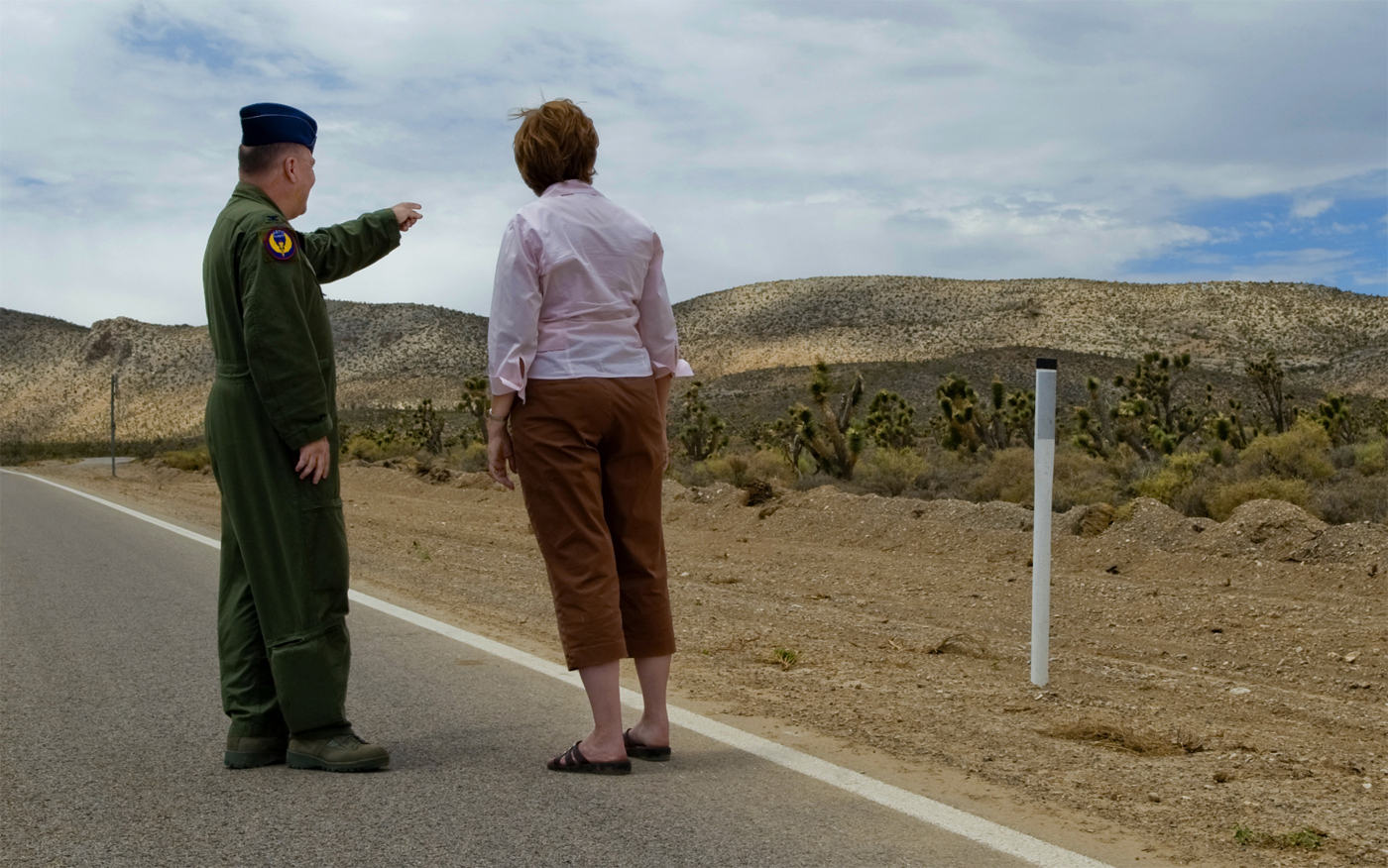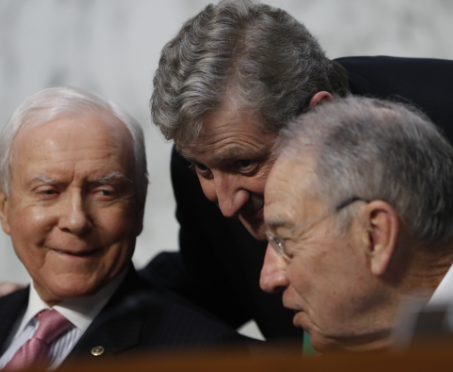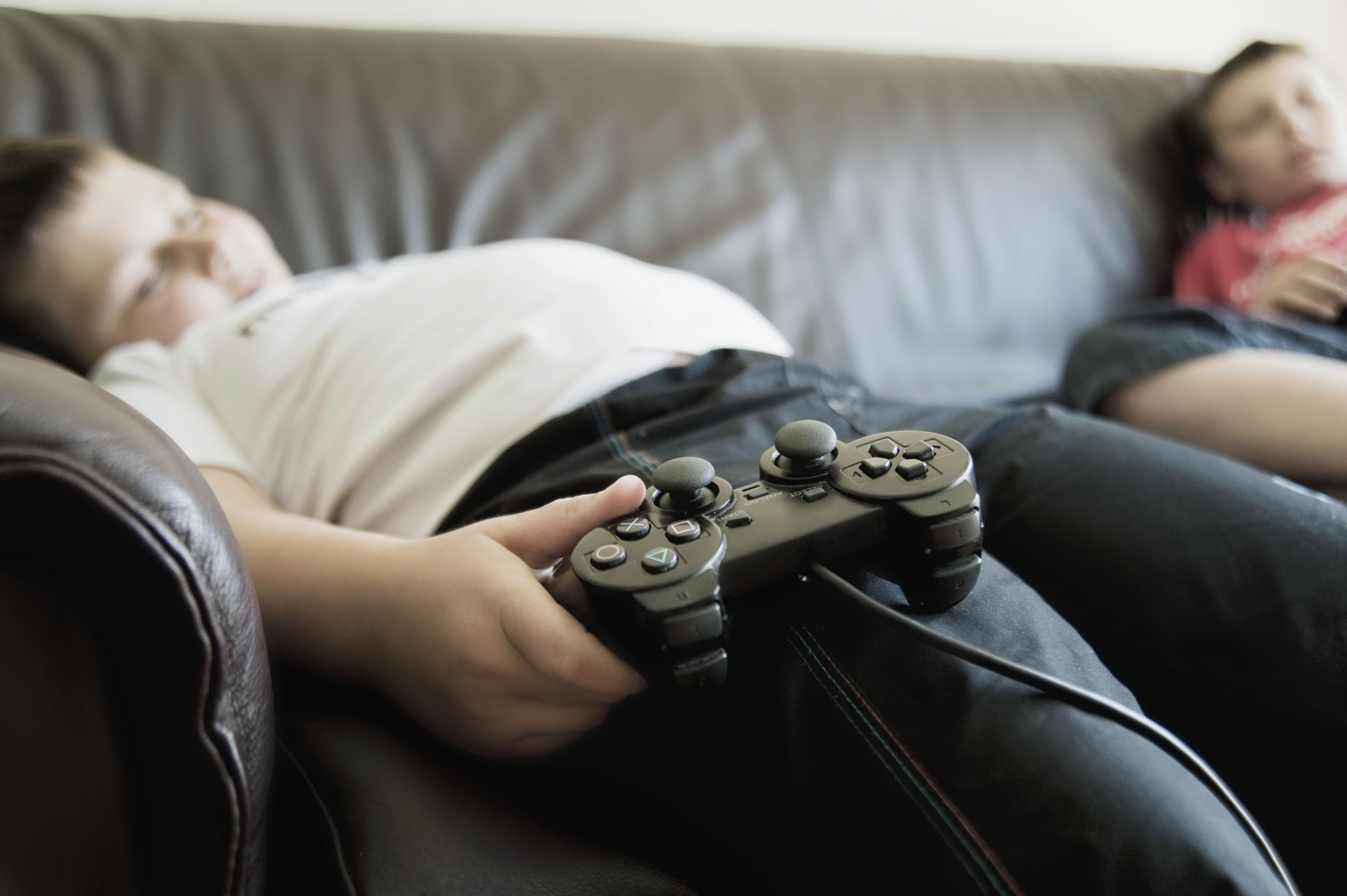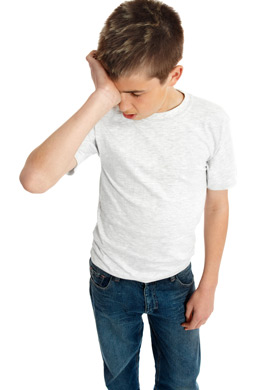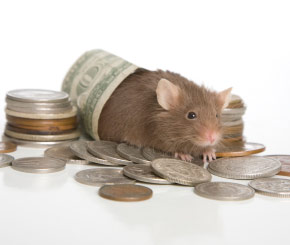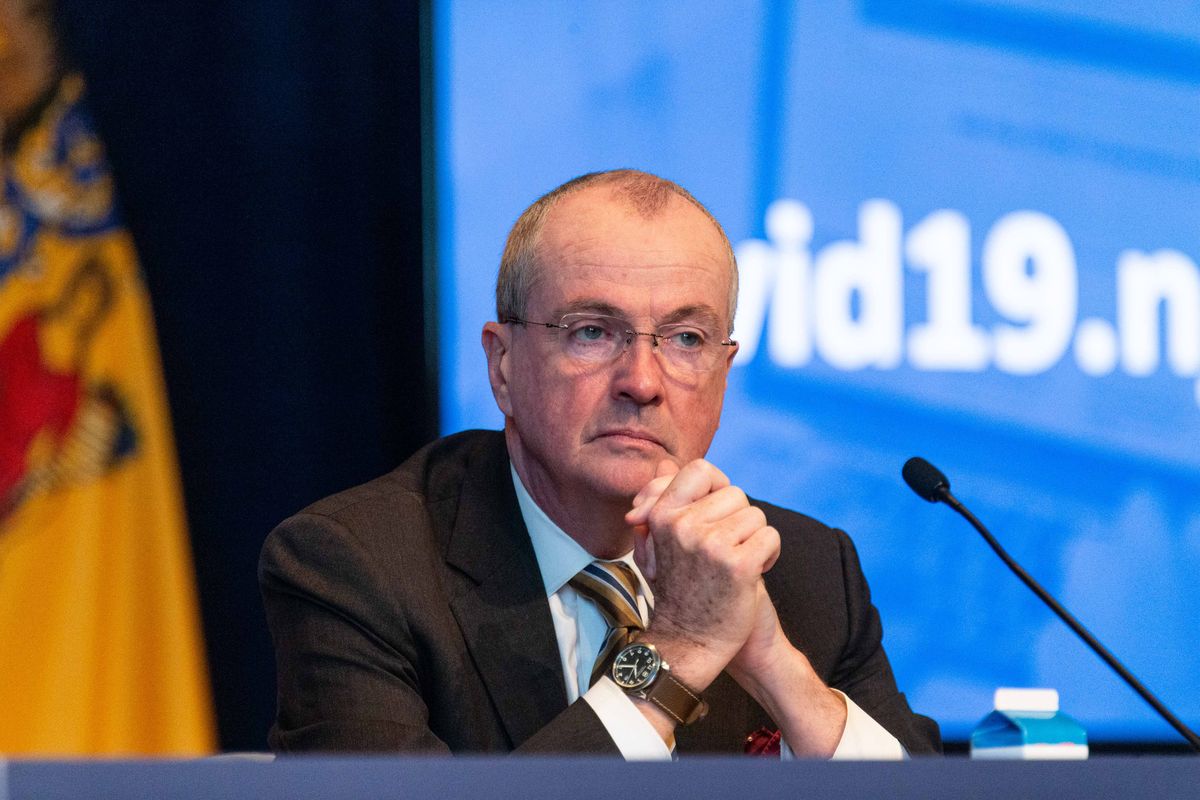N.J. decision to follow DeVos guidance will reduce coronavirus aid for public schools, advocates say
New Jersey’s most vulnerable public school students could lose out on millions of dollars in federal coronavirus relief because the state is sticking to a controversial directive from U.S. Education Secretary Betsy DeVos, according to advocates who have urged the state to ignore DeVos’s guidance.
Under the massive federal coronavirus relief package passed by Congress, New Jersey school districts are set to receive $310 million to help pay for laptops, virtual summer school, mental health services, and other responses to the pandemic. The emergency aid is being distributed according to a federal formula that sends more money to districts with many low-income students.
Typically, districts that receive aid through that formula must set aside a portion to fund services for low-income students in private schools. But the DeVos administration guidance, issued April 30, says districts must use some relief money to support all students in local private schools regardless of their family income. In effect, the guidance shifts more aid from public to private schools.
In Newark, the district would have to set aside $2.7 million of its relief money for private school students under DeVos’ directive, compared with $1.9 million under the usual formula — a 42% increase, according to an estimate by the Education Law Center, a Newark-based education advocacy group. In Jersey City, DeVos’ guidance would force the district to set aside nearly $1 million extra for private schools, the group estimates.
Last week, the group’s executive director, David Sciarra, sent a letter to Gov. Phil Murphy calling DeVos’ guidance a “patent misreading” of the coronavirus relief act, known as CARES. Echoing other public school advocates who have railed against DeVos’ directive, Sciarra urged New Jersey to reject the non-binding federal guidance.
Instead, the New Jersey Education Department indicated it would follow DeVos’ directive. Meanwhile, officials in at least two other states — Indiana and Maine — said they plan to ignore DeVos’ guidance.Become a Chalkbeat sponsor
“This is a legally flawed overreach by the secretary to get more of these CARES Act dollars into private schools,” Sciarra told Chalkbeat on Tuesday. New Jersey officials “need to step up and fix this.”
A spokesperson for the state Education Department declined to comment. A Murphy spokesperson did not respond to emails.
A U.S. Education Department spokesperson told Chalkbeat earlier this month that its guidance was in line with the intent of the coronavirus relief package, which she said was to support all students regardless of economic need.
Considering only low-income students in private schools “would be placing non-public school students and teachers at a disadvantage that Congress did not intend,” said the spokesperson, Angela Morabito.
Passed in late March, the CARES Act included $13.5 billion to help K-12 respond to the pandemic, which forced schools nationwide to cancel in-person teaching and shift to remote learning. The act says districts must use a portion of their relief money to provide “equitable services” to private school students “in the same manner” as required under Title I, the portion of federal education law that supports low-income students.
Title I provides funding for private schools based on how many low-income students they educate. But DeVos’ guidance for the relief aid deviates from the Title I formula, saying districts should set aside funds for all students in local private schools, not just poor students. The agency says that is appropriate because relief aid is meant for all students.
Critics say DeVos’ interpretation conflicts with a straightforward reading of the CARES Act. Last week, Indiana’s education chief — who, like DeVos, is a Republican — said she would ignore the federal guidance and instead “distribute funds according to congressional intent and a plain reading of the law.”
By contrast, the New Jersey Education Department has deferred to the federal guidance.
The department calculated how much relief money each district will receive based on the federal law and guidance. Districts have until June 19 to apply to the state for the money.
The agency also outlined a number of possible uses of the money, including buying supplies to sanitize schools, providing programs for special-needs students, and purchasing technology so students can learn from home. State officials recently said about 90,000 public school students in New Jersey still lack devices or reliable home internet several weeks into remote learning.
The Newark school district would get about $19.3 million in CARES Act relief, according to the state’s calculations. The state has not said what portion of that money must go to services for private school students. (The Education Law Center’s projections are based on 2013-2017 survey data showing that about 8% of Newark students attend private schools. The group made its estimates before the state released the district aid amounts, which were lower than what the group calculated.)
One Newark private school expecting to get a boost from the district’s relief money is the Alif Muhammad NIA School, whose mission is to help at-risk teenagers and adults earn high school diplomas. After the pandemic forced school buildings statewide to close in March, the school had to cease teaching because its roughly 100 students did not have access to computers, said Alif Muhammad, the school leader.
“I didn’t have enough resources,” he said.
Now, the school is expecting to receive $67,000 in relief support through the district, which will pay for laptops for students and a deep cleaning of the building.
The article was published at N.J. decision to follow DeVos guidance will reduce coronavirus aid for public schools, advocates say.

